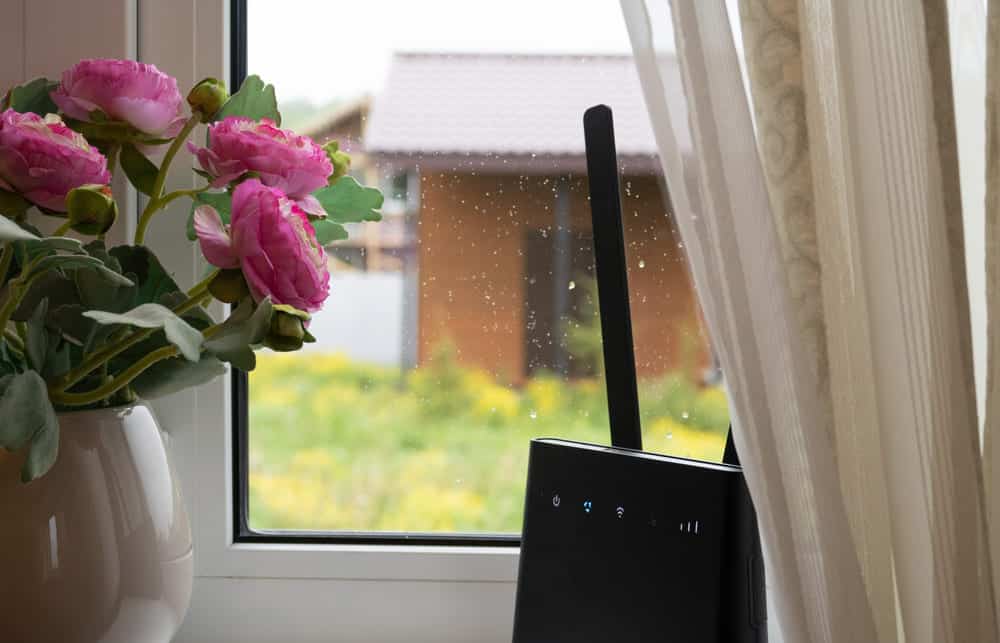
Setting up an internet connection at your home requires you to choose an ISP. You can then check all the packages provided by them and select one of them. These usually determine what the bandwidth for your connection will be along with its speed. This is why it is recommended that you carefully go through the packages to find the best one. Some ISPs also provide additional services in their packages like cable services and extra data limits.
However, once you are done with setting up all of your devices and the internet start working. You can start using it either through Wi-Fi or by using ethernet cables. Now that you have started to use your internet, in some cases, the connection can get interrupted. This can be quite annoying to deal with which is why you must understand what can affect the speed of your connection. Knowing about these things will help you in fixing any problems with your internet as well as prevent them at times.
Can Weather Affect Wi-Fi
One of the most common issues that many people run into is their connection speeds slowing down. Many users ask if the weather can affect their Wi-Fi networks. The simple answer for this is ‘yes’. Weather can slow down the speed of your connection and even cause it to stop working. This is especially the case during extreme weather conditions like heavy rainfall or storms.
Though, you should keep in mind that the weather is not affecting the speed of your connection coming from the router to your device. The slowing down or problems are caused by the connection being interrupted from your ISP’s end. However, this is because your internet is usually either sent by towers or satellites. On the other hand, you can also get power outages during bad weather. This will completely shut down your modem and router unless you have backup power.
If your connection is working in this condition but has only slowed down then you can just wait for the weather to get back to normal. On the other hand, if your internet has completely stopped working then you will have to contact your ISP. This can be done both online or by calling them. Just make sure that you completely notify them about your issues in detail. Not leaving out anything is also important as customer support needs to properly identify what is causing the issue.
In some cases, even the towers from your ISP or their wiring can get damaged that they will have to replace. Aside from this, some outages can be in your entire area which is usually caused by the ISP. These issues are solved by the ISPs on their own and do not require you to call them. You can check for these outages by searching for them online. Many websites will notify you about any outages from your ISP or other services you might be using. You can also try troubleshooting the device to see if the problem is not from your end instead of the ISP.